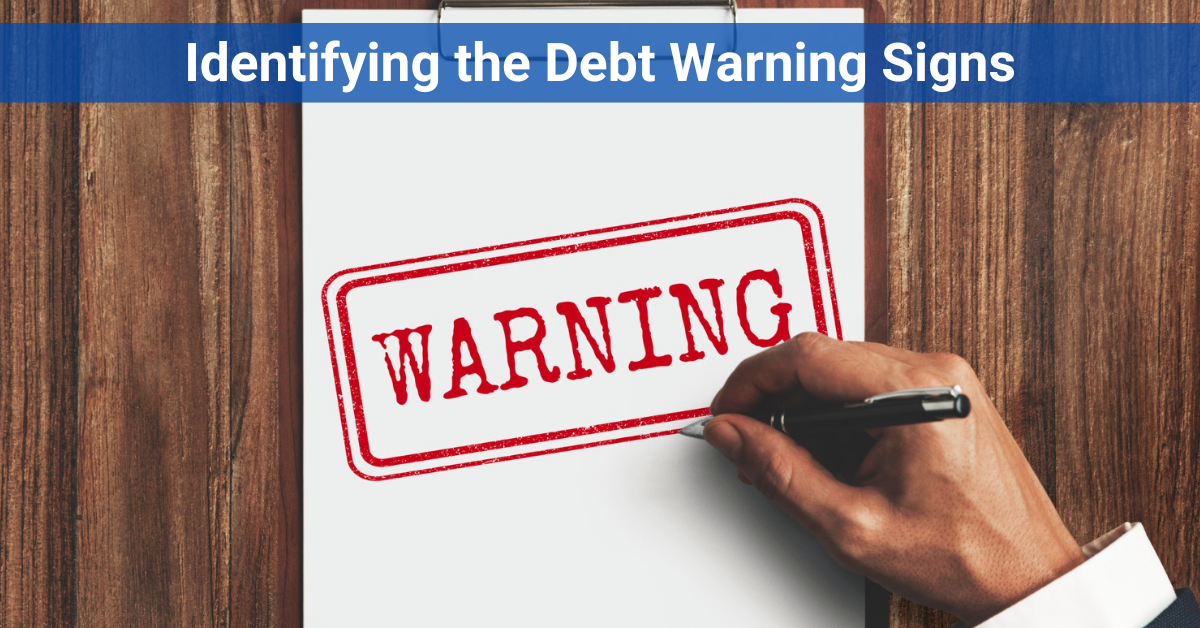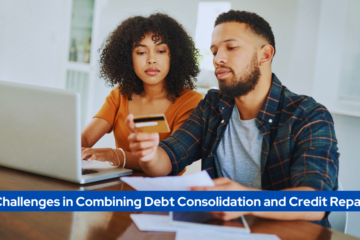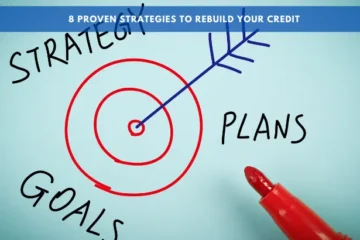Do you always feel anxious thinking about your personal debts? Are your unpaid bills piling up at home? Are you paying the minimum balance constantly? Do you feel like there is no way out for you? More chances are you have a debt problem and if you ignore these warning signs, you can find yourself on a one-way street to bankruptcy.
Bankruptcy in Canada may be a lot more common than you’d think. One in six Canadians will file for bankruptcy in their lifetime, in line with Statistics Canada. In fact, 121,609 Canadians filed personal bankruptcy or a consumer proposal in 2015, a 9.4% rise from 2014.
Warnings Signs
Before you let your personal credit card debt spiral out of control, here are some clear warnings signs you may have a debt problem.
Minimum Payment.
Do you end up only paying the minimum on your credit card month after month? Only paying the minimum payment – the greater of two percent or $20 – may be a bad habit that may eventually catch up with you. If you’re carrying an out-sized balance on your credit card, it can take years to pay off and price thousands in interest. It’s even worse if you’re using one credit card to pay off another; it’s a transparent sign you’ll be one step removed from bankruptcy.
Impulse Buying. There are some people who enjoy window shopping; others enjoy buying everything in sight. We’re big advocates of credit cards, as long as they are used responsibly or we are using it cautiously. This means only making purchases you can afford to pay off in full at the end of your 21-day grace period. If you are shocked at how much you spent at the end of the month and ending up regretting, there’s a good chance you’re an impulse spender.
Late Payments. There’s no easier way to ruin your credit score or having a poor credit than paying your monthly payment late. When you’re constantly paying your credit card past the due date, you need to take a hard look at the root cause. If it’s because you’re forgetful, you can easily set up PAC (pre-authorized chequing) to avoid costly fees and penalties because paying fees every time you will end up paying more than what you are supposed to. If you simply don’t have the cash on hand, you probably have a spending problem make sure to spend only 35% of your available balance. If you were not able to pay the full amount, make sure not to use your credit card when making a purchase to catch up for your delayed payment.
Avoidance. As the saying goes, out of sight, out of mind. Avoiding your problem may make you feel better for the time being until you do not realize that the unpaid credit card statements start piling up. You do not check your bill or online account because it may be bad news is not a good excuse. Avoiding debt will not make it better; in fact, it can get a lot worse, as interest can add up quicker than what you expect until you do not realize that you owe a huge amount which makes it difficult for you to catch up.
Maxing Out Your Card(s). All credit cards come with limits so that you can finance the occasional expensive purchase, but not completely drown yourself in debt. People may often get into trouble thinking their credit limit is their spending limit they will end up maxing out their credit card. That type of thinking is dangerous for personal finances. Maxing out your card every month, coupled with only paying your minimum payment can spell disaster. Talk to financial expert, Credit expert in Toronto, or debts controlling in Canada, may give you the advice to control your credit card spending.
Taking Cash Advances. Credit card cash advances are expensive they often come with higher interest rates – sometimes comparable to payday loans. In fact, there are some cash advances charge interest rates up to 30 percent – yikes! Cash advances should only be used as a last resort, if at all. If you’re constantly relying on them, it’s a clear sign you have a problem. One of the best ways for you to do is to talk to a professional. Credit counseling may help you to understand the burden of having debts. When you feel like you are having bad credit, a mortgage loan is ideal for you to consolidate your debts. Private lenders may approve your mortgage applications for consolidating your debt.
Once you recognize you have a debt problem, it’s important to take action immediately. For best results, you should keep track of your spending, have a budget, and make sure your income can cover your expenses. By following those simple rules, your chances of developing a debt problem will be a lot lower. Always consult a professional for professional advice. Contact us and we can help you create a plan on how we can improve your credit rating.




